Wax carving advent calendars?Wax carving advent calendars?
Filing improvers
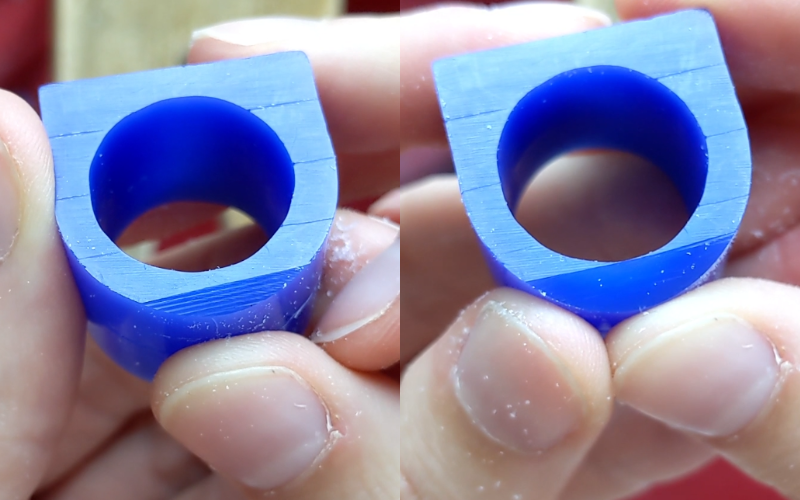
If you’ve just started wax carving, you might want to read a previous blog post introduction to filing wax first.
Keep it flat
If you want a flat surface you have to keep your file flat. Simple! But actually keeping your file flat with every file stroke?
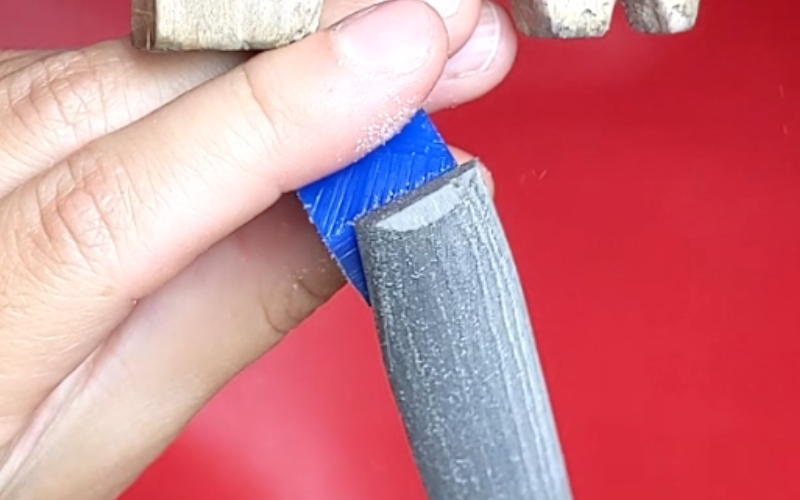
It’s harder than you think! Are you sure you’re not leaning more on one side of the file than the other? Sure you’re not curving the last bit over the edge? Sure you’re not doing a plane landing and lift off with your file on your piece?
All these things lead to an almost flat surface, but not quite. If you’re leaning on one side your piece will become slightly angled.
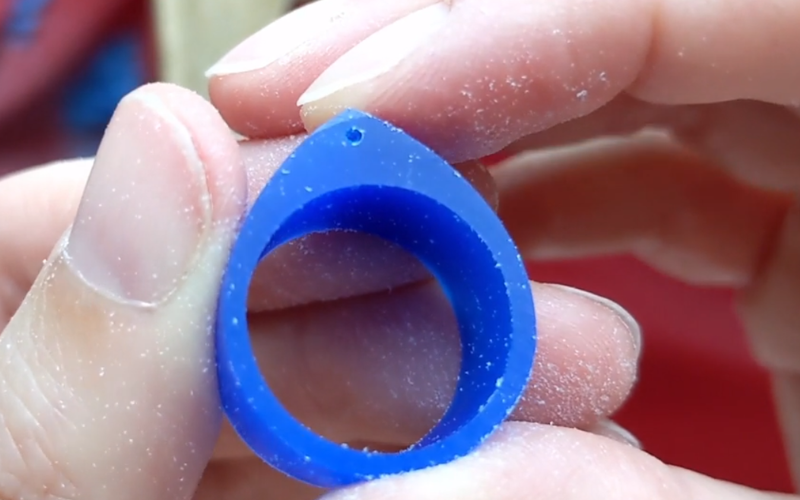
Curve over the edge and you end up with rounded edges. Plane style filing leaves indents in the areas the file lands and takes off from because you use more force in these places.
Next time you want a flat surface, place your file on your wax. Don’t actually file. Just hold your file on your piece and notice if your file is actually flat on the piece. Now file. DId you keep your file flat the entire time and lift it straight up at the end? Do this very slow and concentrated filing a couple of times and you start to notice all your filing habits. Now that you know if you have any bad habits, you can pay close attention to get rid of them!
Filing this way is time intensive, but you don’t have to do it continuously. Once you know how it feels when your file is flat, you can go back to regular speed. But it can’t hurt to go back to slow and deliberate filing every once in a while to make sure nothing has changed.
And if you do want a curved surface? As you push your file over the surface you start curving your file. And slowly you built up a curve. Expert level: gently curve your hand that is holding the piece towards yourself. By curving your holding hand and your filing hand towards each other you can increase the surface area you reach with each file stroke!
Keep it steady
Your file is definitely flat, and you’re not leaning on one side, but the surface of your piece is still not completely flat….Let’s check how much pressure you place on your file!
It’s easy to go in strong and start a file stroke with a lot of pressure and ease up near the end. Or the other way around, start slow and add more pressure as your file stroke continues. But this leads to an uneven sloping surface.
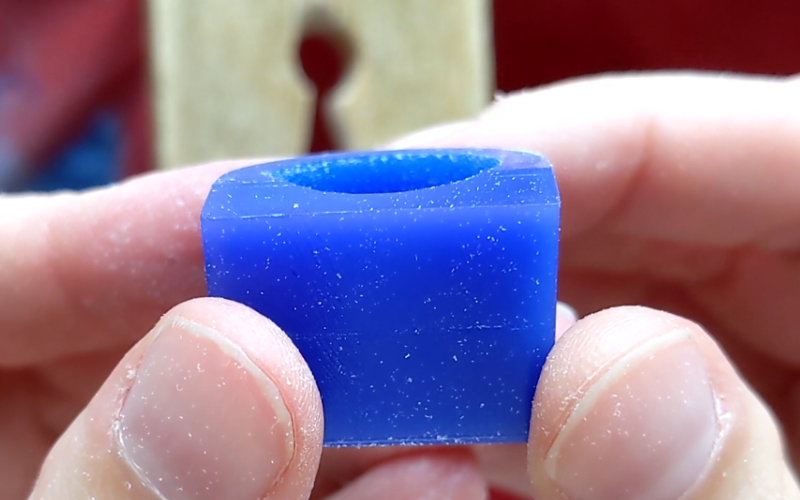
It’s hard but try to keep the same amount of pressure on your file for the entire file stroke. It’s the best way to create a flat surface.
Filing a flat surface is tedious and requires patience. But once you can do it you’ve pretty much mastered filing! There’s no hiding mistakes on a flat surface, every inconsistency shows. So practice filing flat and steady, any other kind of filing is easy after that!
File to shape
When you’re shaping a piece (and not trying to get a perfectly flat surface) you can be more free in your filing. Especially in the early stages! Be rough and remove that wax! You don’t have to worry too much about keeping your file flat and steady here. But guess what? If you’ve perfected flat and steady filing you will automatically use those good filing habits when you’re filing shapes as well!
Keep your file flat and steady and the curve on your bombe ring becomes smooth and even without a wobble. Your heart shaped pendant becomes symmetrical. So yes, even when you’re not filing a flat surface it’s good to keep your file flat and steady!
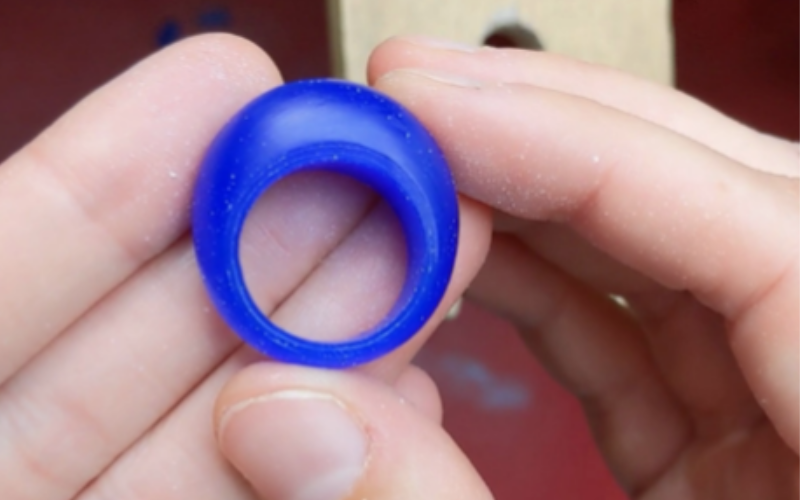
File to finish
The piece is the shape that you want it to be but it’s a bit rough looking with file marks everywhere. You CAN remove the file marks by filing your piece more, you just have to change your approach. The same kind of filing that got you to this rough stage is not going to get you to a smooth stage.
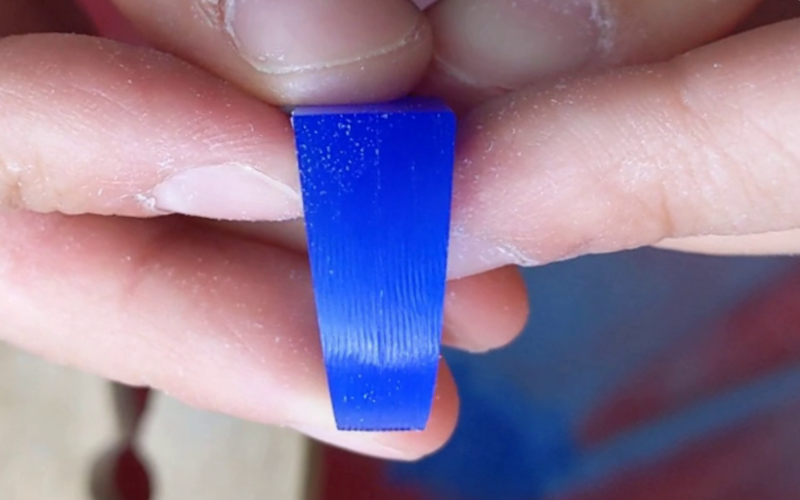
I like to think of this filing as the finishing stage. I’m no longer actively trying to change the shape of the piece, I’m finishing and perfecting what’s already there. Removing the uneven parts and blending all the facets to a smooth surface. Since I no longer actively try to remove wax I can ease up on the pressure I put on my file. Only the lightest pressure is enough to slowly remove all those deep file marks and get a smoother looking surface.
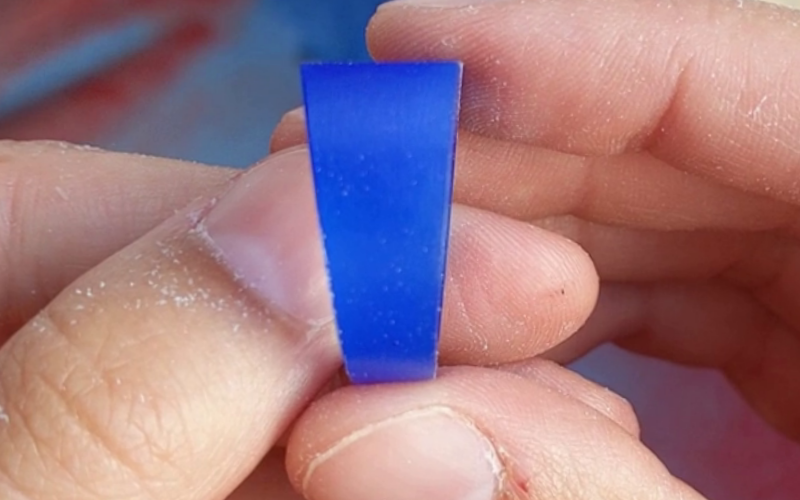
Under pressure
A file’s job is filing. You can bear down with all your weight on the file or no weight at all and the file files. If it files no matter what, why not ease up on the pressure you put on the file?
You remove more wax when you put a lot of pressure on the file, but the chances of mistakes increases so much by doing that! Uneven pressure, not keeping the file straight, deep file marks in your surface. You need to spend extra time correcting and cleaning that up, so does it really save you time doing that? Ease up on the pressure! File slower but more precise and accurate. Filing correctly from the start is faster than filing sloppy and needing to clean it up in the end.
Do you do your best work when you’re under immense pressure or when you have the time and freedom to create? It’s the same for filing! Ease up on the pressure and your file can do its best work for you!
Comment below and let me know if these tips were helpful!